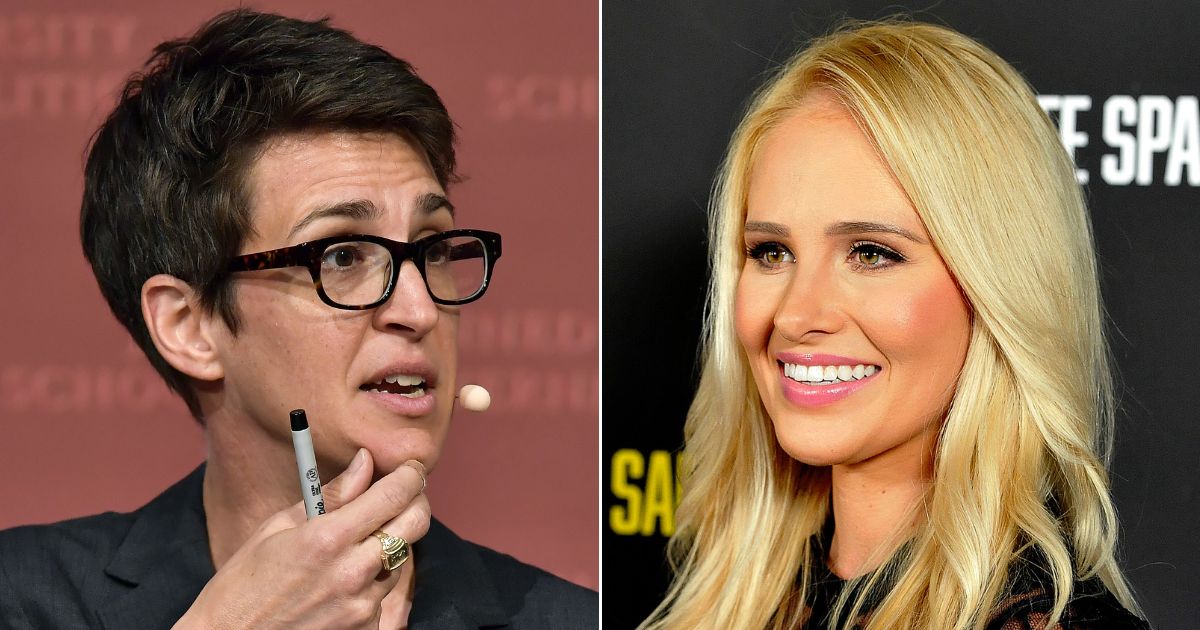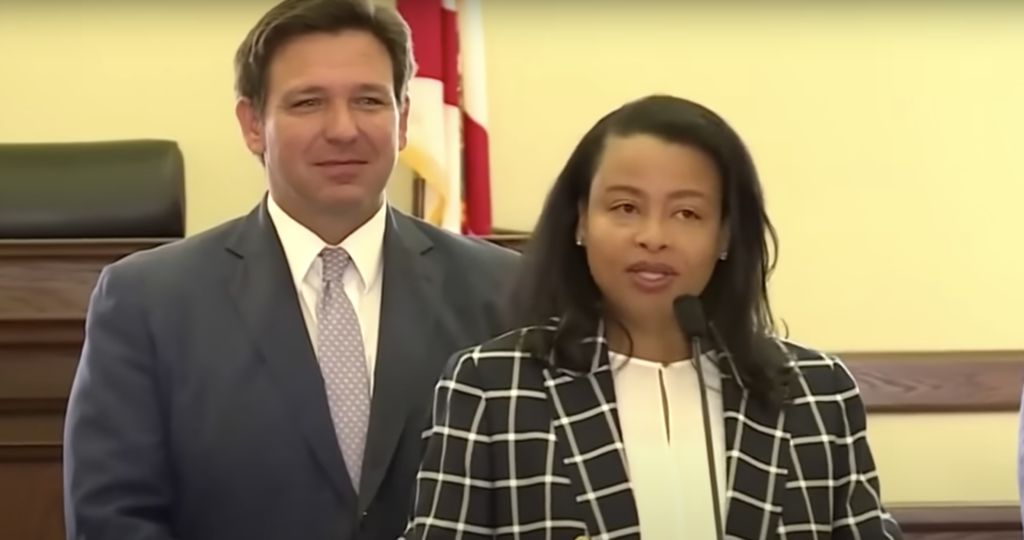Does Hollywood Want To Wrest The Western Out Of Conservative Hands?
Is the Western Genre Getting a Queer Makeover?
Tinsel Town has turned some of the biggest movie genres against Heartland USA.
Science Fiction? James Cameron’s “Avatar” franchise doubles as a climate change screed, while his “Terminator” franchise diminished Arnold Schwarzenegger in favor of a Girl Power aesthetic with the 2019 “Dark Fate” installment. Recent Marvel Cinematic Universe films hyper focus on LGBTQ themes and aggressive diversity casting over, you know, fun.
Horror? Woke shockers like “Antebellum,” “Candyman,” and “They/Them” speak for themselves.
But what about the Western genre?
A new short film, albeit one featuring two major stars, is getting plenty of buzz.
Shot in southern Spain’s Tabernas desert, “Strange Way of Life” stars Ethan Hawke and Pedro Pascal as two gunmen who reunite after 25 years. The half-hour film has been described by [Pedro] Almodóvar as a “queer Western, in the sense that there are two men and they love each other,” the director said last December on Dua Lipa’s “At Your Service” podcast.
It’s “Brokeback Mountain” redux. One could also say it’s a kissing cousin to “The Power of the Dog.” That 2021 Netflix original featured a closeted gay cowboy (Benedict Cumberbatch) and his connection with a local outcast (Kodi Smit-McPhee).
The film earned 11 Oscar nominations, including Best Picture.
The latest spin on “revisionist Westerns” could be the new normal, and it involves more than closeted gay cowboys revealing their sexual appetites.
The Western Genre: An American Experiment
The Western is as American as baseball, apple pie, and reality TV. The genre thrives on rugged individualism, masculine heroes, and themes that speak to the country’s character. Classic Westerns like “High Noon” (1952), “Shane” (1953), and “The Searchers” (1956) taught generations about sacrifice, honor, and what it means to be a man.
In short, it’s the American experiment.
The Western hero was far from perfect. He might drink too much or struggle with his emotions. When danger came, however, the townsfolk knew who to call. He didn’t blame others or wallow in his misery. He got his hands dirty and set to work.
Female heroes mattered, too.
Movies like The Daily Wire’s “Terror on the Prairie” featured a strong female lead (Gina Carano), but the essential Western elements surrounded her brave defense of her nuclear family.
The Nicolas Cage/Nick Searcy indie “The Old Way” followed a gunslinger (Cage) training his daughter how to sling lead to protect herself.
The Western’s DNA is anathema to major film studios. Too much toxic masculinity, they say. Where is the diversity? Why are these stories glorifying guns for self-defense?
The Future of the Western Genre
The Western faded from the pop culture landscape in the late 20th century years as legends like John Wayne and Clint Eastwood either passed or passed on the white hats to a new generation. Oaters became passe, as CGI fueled a string of blockbuster movies and superhero adaptations.
The genre never went away. TV shows like “Longmire,” “Justified,” and, more recently, “Yellowstone” captured the Western’s ethos despite modern trappings. Each enjoyed sizable success, with the latter becoming one of the most popular shows across the cluttered streaming landscape.
Few stories inspire as much passion, and viewer loyalty, as the ongoing Dutton saga.
Subverting the Western fits snugly into liberal Hollywood’s worldview. Movies once celebrated the American way of life, extolling freedom, self-reliance, and sacrifice against impossible odds. Now, the films that celebrate all-American principles (like the recent “Air”) stand out as exceptions to the pop culture rule.
And, of course, American culture is swiftly shared across the globe, our most curious export. While Chinese movies praise the communist nation and its achievements, American filmmakers (under no such governmental pressure) often do the opposite.
The Western must be demystified, rearranged, and revised to blast the past and embrace the new American ethos. Films like 2017’s “Hostiles” turn on the mistreatment of the American Indian, a valid theme that often swamps storytelling essentials.
Even the liberal RogerEbert.com review noted that Christian Bale film lacks nuanced portraits of the Indian characters. Woke sensibilities make it harder to turn minority figures into flesh-and-blood souls.
This doesn’t mean a film genre needs to be replicated over and again.
Previous revisionist Westerns cling to the genre’s core elements. Many rightly praised Clint Eastwood’s 1992 classic “Unforgiven,” a look at a gunslinger reflecting on his violent handiwork. Some genres need a nip and/or tuck to bring them back to life.
Other revisionist classics include “Butch Cassidy and the Sundance Kid” (1969), “Little Big Man” (1970), and “Django Unchained” (2012).
American audiences always crave the Western essentials, though, which means classic Westerns will find new generations to delight. Let’s hope they can enjoy newer versions alongside the classics. One might come from Mr. “Yellowstone” himself.
Costner is set to direct “Horizon,” a sprawling Western set before, and after the Civil War. The large cast, including Costner, Jena Malone, Luke Wilson, and Thomas Haden Church, promises to tell its story through multiple perspectives.
Chances are there’s enough Dutton left in Costner to make “Horizon” a worthy addition to a deeply American film genre.
" Conservative News Daily does not always share or support the views and opinions expressed here; they are just those of the writer."




